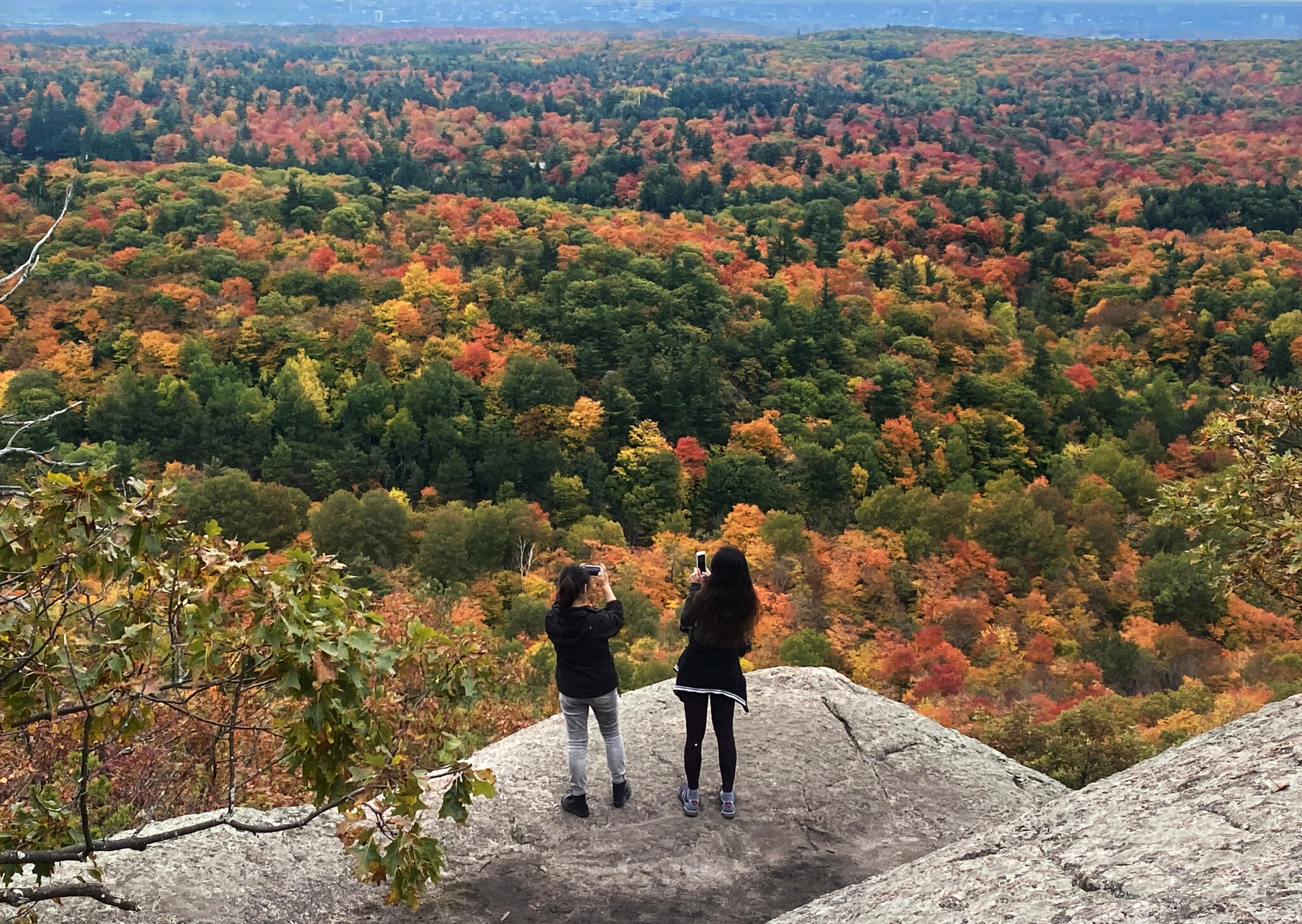
Canada has a major economic opportunity in the global low-carbon economy, if it gets its climate and energy policies right. Those policies should be informed by principles like leveraging the ingenuity of markets and free enterprise, limited government, and respect for provincial jurisdiction. The following article is the latest installment of The Hub’s series sponsored by Clean Prosperity exploring the why, what, and how of conservative climate policy.
“I love nature, I just don’t want to get any of it on me.” – Woody Allen
Nature makes some people nervous. It certainly unsettles conservative policymakers in Canada and the U.S. We live in nature, and voters value what nature produces such as air, water, food, shelter, energy, and a temperate climate, but conservative policymakers are reluctant to discuss it. They shouldn’t be.
To deny nature and her gifts is to deny the earthy origins of conservatism and life itself. Conservatism sprang from the soil and the farms, fields, woodlots, and small towns of Britain, America, and Canada. It still flourishes there today. We instinctively cherish wild landscapes. We still look with wonder when we glimpse a moose, wolf, or a burrowing owl.
This hunger for nature resonates in cities too, where it draws us by the millions to lakes, cottages, beaches, and parks every warm weekend. Nature soothes our minds and helps us heal. It provides so much that is essential that it is difficult to understand the fussy refusal of conservatives to speak up and protect it. We better find our voice quickly. Time is running out.
We have drained our vibrant prairie wetlands and ploughed nearly 80 percent of our grasslands. We lose more every year. Doing nothing is negligent and unconservative. Prime Minister Harper urged us to be a “community of stewards.” We should listen. Stewardship means speaking up instead of excusing away the destruction of pristine nature, family farms, small towns, and our rural and outdoor heritage. A drained wetland does not care if the leveler is a developer or farmer. Either way, it is gone, forever.
But we can reverse the trend. Protecting nature shouldn’t eat into a landowner’s bottom line. But how do we conserve nature while also making a living?
First, conservationists should adopt language that persuades. Words like “Anthropocene,” “ecosystem,” and even “environment” clank and grind, like they emerged from the furnaces of the industrial revolution. We are more likely to act to save a reed-fringed pond or a beloved patch of prairie than a damaged ecosystem or a threatened environment. Stories and particular places convey something richer, deeper, and dearer than technical or bureaucratic lingo. Chesterton’s advice applies: we should treat and speak of nature like we would our little sister.
Second, conserving and restoring nature aligns with economic growth. Nature is the annuity that pays us a stream of interest comprised of life’s essentials. Nature is our grocery and hardware store, pharmacy, lumber yard, gas station, power company, recreation centre, therapist, and, according to a new study, our doctor. Most of what nature provides is renewable and we can thrive on what it pays out if we don’t squander the original asset. We already know what works. Incenting and paying landowners to conserve the most valuable and vulnerable pieces saves nature and keeps farmers and ranchers on the land.
Third, Canada’s approach to climate policy should be bottom-up, collaborative, affordable, and practical. The goal should be continuous progress, not unattainable perfection. It should engage those with the most at stake from a changing climate: farmers, ranchers, Indigenous communities, and Canada’s hundreds of thousands of anglers, birdwatchers, hunters, hikers, campers, cottage owners, and nature lovers. It should also engage those most impacted by the accelerating energy transition, such as resource companies and workers and technology innovators.
Fourth, climate change needs a new cast of spokespeople. Farmers, ranchers, Indigenous elders, anglers, hunters, grandparents, and conservationists who have successfully restored lands and cleaned up rivers, are all better advocates of climate than most climate change activists. Jet-setting celebrities, finger-wagging politicos, and Greta Thunberg and her UN rants only alienate the conservative-leaning people needed to make long-term progress on climate and conservation. And make no mistake, conservative voters want progress.
In May an Abacus Research poll noted “80 percent of Canadians want the Conservatives to have a serious plan to deal with climate change, including 74 percent of those who would vote Conservative today.” The numbers are clear, conservatives need a plan for climate and conservation, one that is practical and achieves results in the short and medium term.
We already know the answers: carbon sequestration, natural gas to replace coal, energy storage, geothermal, the continued rapid growth of regenerative agriculture techniques, scaling up nuclear with small modular reactors, and the almost weekly technological innovations that mitigate GHG emissions.
Renewables should continue to expand because, when the sun shines and the wind blows, they produce our cheapest and cleanest energy, but they should only be approved after accounting for their impacts on nature, the land, and landscapes.
Canadians will get enthusiastic about reducing GHGs if the process also cleans up their favourite lake or saves a treasured piece of prairie. Nature-based solutions leverage tax incentives or direct payments to conserve and enhance forests, wetlands, and grasslands such as carbon sequestration. Natural areas also provide homes for endangered animals and pollinators, capture toxic heavy metals from the air and water, and buffer streams and lakes from agricultural chemical run-off that causes algae blooms. Natural solutions enhance opportunities for outdoor recreation.
But we are falling short. We don’t replace what we destroy and therefore deny our grandchildren their sacred stand of trees, or wetlands where they can explore and get comfortable with getting a little nature on them. Protecting these places and restoring what we’ve lost honours the admonition to leave the world better than we found it.
Conservative leaders owe voters clear and practical policies on conservation and climate. It is just the right thing to do. As Wendell Berry says, “Do unto those downstream as you would have those upstream do unto you.”










